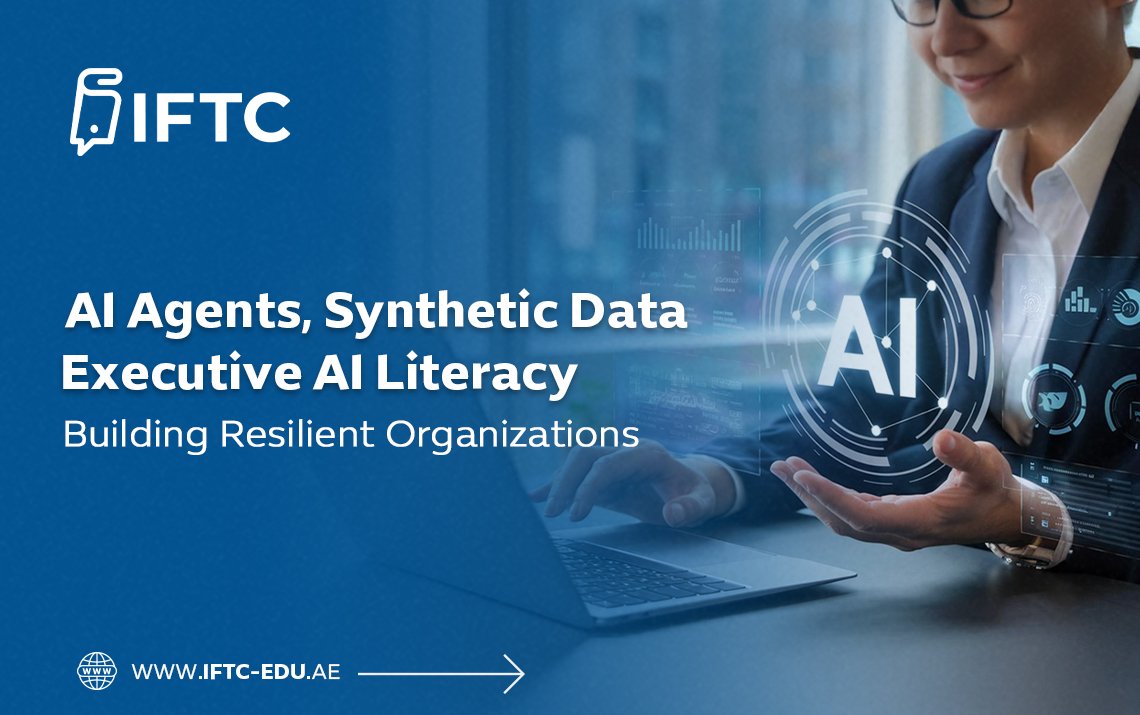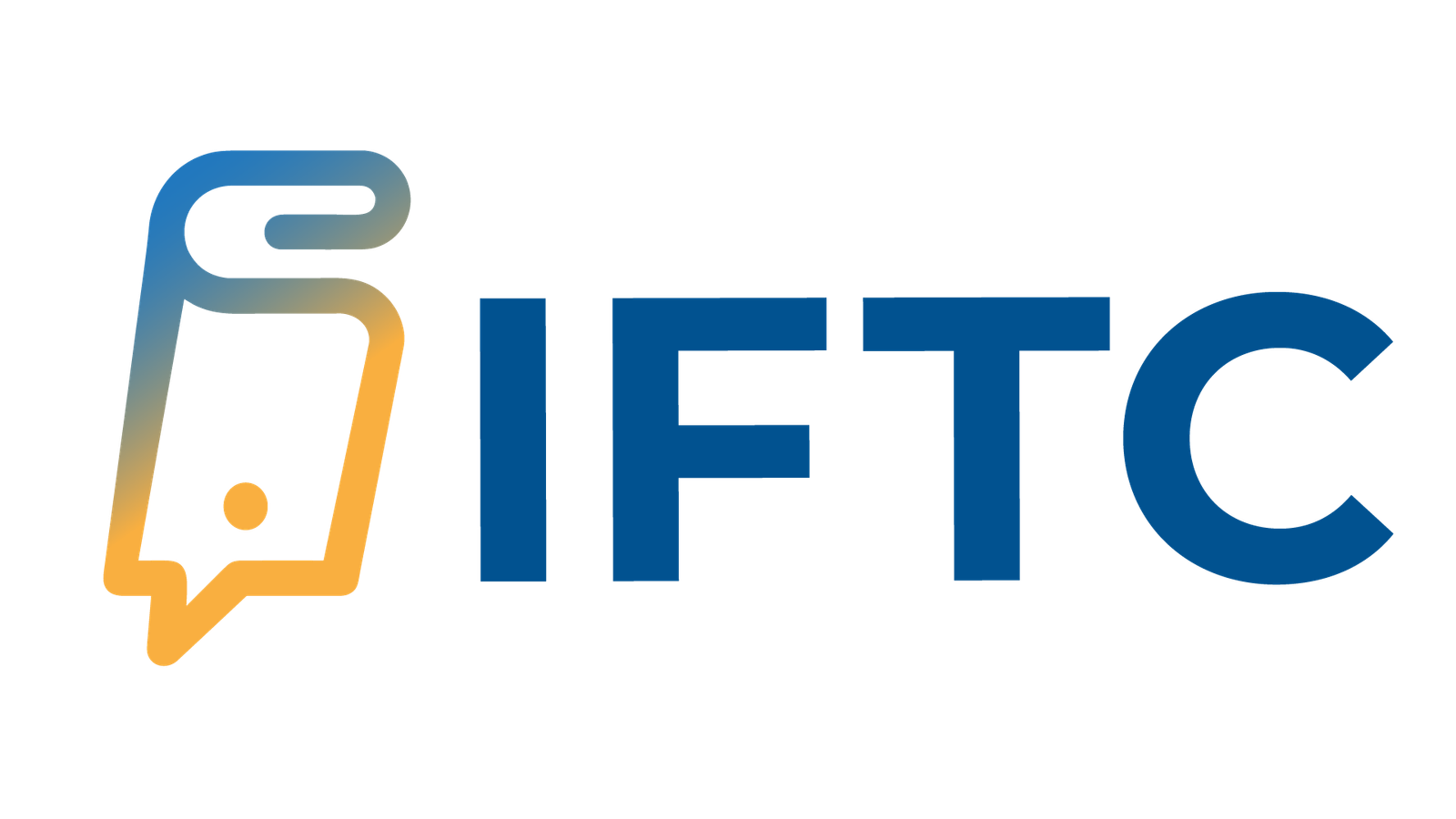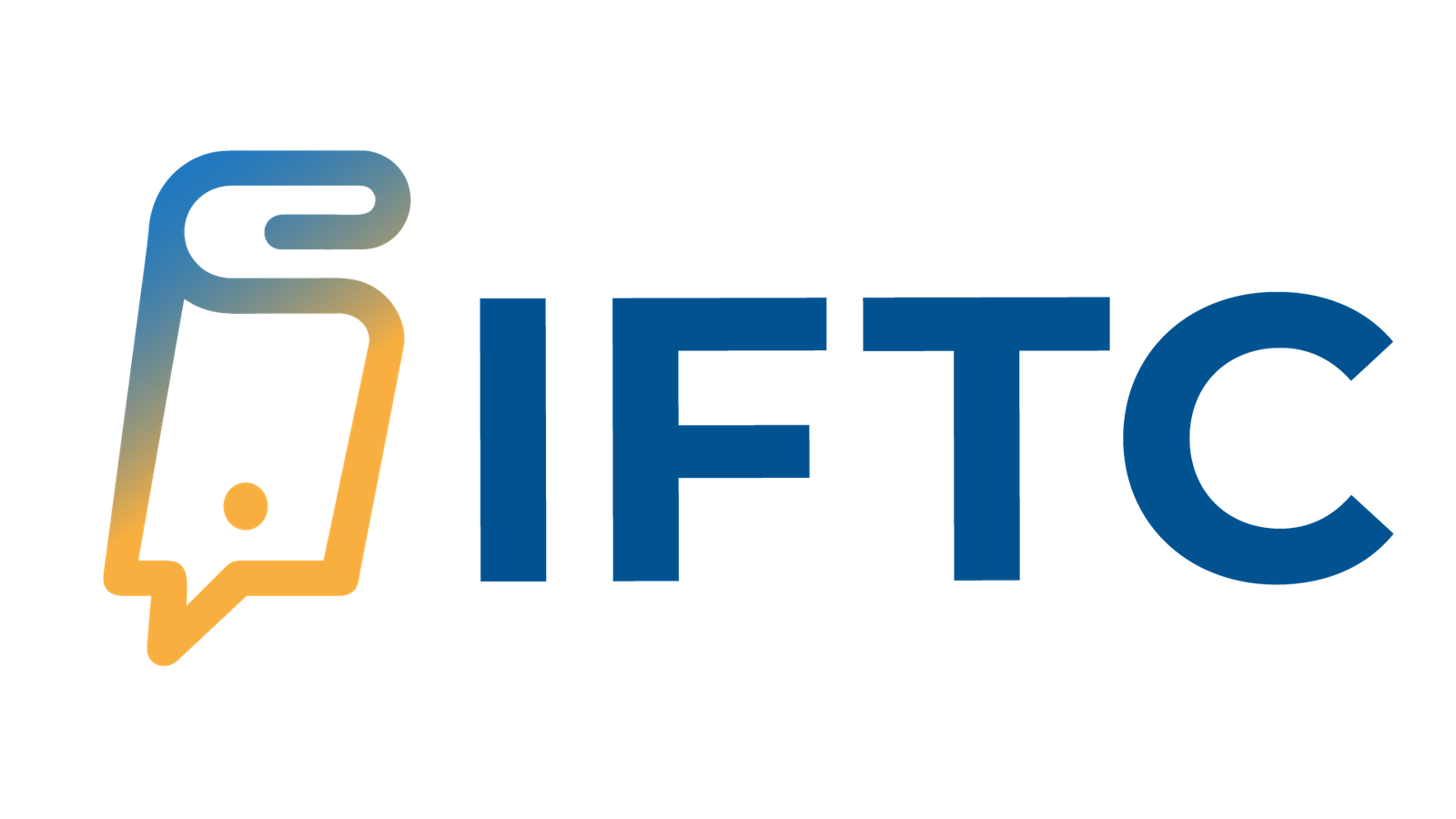
AI Agents, Synthetic Data & Executive AI Literacy: Building Resilient Organizations
Introduction: Resilience in the Age of Uncertainty
In 2025, organizations operate in a world marked by volatility: shifting geopolitical alliances, rapidly evolving regulations, disruptive technological breakthroughs, and customer expectations that change almost overnight. In this context, the word “resilience” has moved from being a buzzword to a boardroom mandate. Businesses no longer ask if disruption will occur; they ask when and how ready they are.
Three transformative enablers stand at the core of modern resilience strategies: AI agents, synthetic data, and executive AI literacy. When combined, these elements provide organizations with the ability not only to survive crises but to anticipate them, adapt quickly, and emerge stronger.
The Rise of AI Agents: From Assistants to Autonomous Actors
AI agents represent a significant evolution beyond chatbots or predictive algorithms. These are autonomous systems capable of decision-making and action within predefined boundaries. They can monitor supply chains, reroute logistics in real time, optimize financial strategies, or even manage cybersecurity defenses without requiring constant human supervision.
For instance, in logistics, an AI agent can detect a disruption—such as a blocked shipping route—and immediately reroute supplies using alternate carriers, minimizing downtime. In customer service, AI agents can interact with clients across multiple touchpoints, learning from every interaction to refine their communication strategies.
The power of AI agents lies in their proactivity. Unlike traditional automation, which follows rigid scripts, agents learn, adapt, and act independently, transforming them into true partners for human teams. They embody resilience by ensuring continuity and responsiveness at machine speed.
Synthetic Data: Fueling Innovation Without Compromise
As regulations tighten on data privacy—particularly with the European Union’s AI Act and global equivalents—organizations face a paradox: they need massive datasets to train AI systems, but they must protect sensitive personal information. Synthetic data emerges as the solution.
Synthetic data is artificially generated but statistically realistic information that replicates the patterns of real-world datasets. It enables organizations to:
- Protect privacy: No actual personal records are exposed.
- Expand training possibilities: Datasets can be scaled infinitely to cover rare or extreme scenarios.
- Comply with regulation: Companies stay on the right side of data protection laws.
- Accelerate innovation: Teams can experiment freely without waiting for expensive or restricted real data.
Consider healthcare: training an AI diagnostic tool on real patient data raises ethical and legal concerns. With synthetic data, hospitals can create realistic but anonymized datasets, allowing algorithms to improve without risking patient confidentiality.
Synthetic data doesn’t just fuel compliance; it unlocks creativity. It lets organizations simulate crises—cyberattacks, market crashes, or logistical disruptions—so AI agents can be trained to respond effectively before such events even occur in reality.
Executive AI Literacy: Leadership in the Algorithmic Era
Technology alone cannot create resilience; leaders must understand and guide it. This is where executive AI literacy comes in.
Executive AI literacy is not about teaching CEOs how to code. It is about giving decision-makers the conceptual understanding, critical thinking, and governance frameworks required to oversee AI responsibly. Leaders must grasp:
- The capabilities and limits of AI agents.
- The risks of bias, opacity, and overreliance.
- The ethical implications of using AI in workforce management, marketing, and customer interactions.
- The strategic role of synthetic data in innovation.
For example, a CFO equipped with AI literacy can challenge whether a financial forecast produced by an AI system accounts for geopolitical risk factors, rather than blindly accepting machine output. A CEO can demand transparency in how an AI hiring system evaluates candidates, ensuring fairness and compliance with employment law.
AI literacy transforms executives from passive consumers of technology to active governors of intelligent ecosystems. It ensures that resilience is not only technical but also ethical and sustainable.
The Triangular Synergy: Why These Three Must Work Together
Each of these components—AI agents, synthetic data, and executive AI literacy—offers unique value. But true resilience emerges when they interact as a unified strategy:
- AI agents rely on data to act effectively. Without large, diverse datasets, their autonomy is limited.
- Synthetic data provides that scalable, safe dataset, ensuring AI systems can train across countless scenarios without ethical or regulatory roadblocks.
- Executive AI literacy ensures that leaders harness these tools with foresight, embedding resilience into the culture and governance of the organization.
This triangular synergy creates organizations that are proactive, compliant, adaptive, and ethically grounded.
Case Example: Resilience in Global Supply Chains
Imagine a multinational retail company facing disruption due to a sudden political conflict that blocks its primary shipping lanes.
- AI agents detect the disruption within minutes, assess alternatives, and reroute shipments automatically.
- Synthetic data had previously been used to train these agents on crisis simulations, enabling them to recognize patterns and act swiftly.
- Executives with AI literacy step in not to micromanage the agents but to ensure the rerouting aligns with broader corporate strategies and complies with international trade laws.
The outcome: while competitors face weeks of delays, the resilient company maintains continuity, protecting both its bottom line and its reputation.
Challenges to Overcome
While the potential is enormous, organizations must also confront challenges:
- Trust in AI agents: Overreliance without oversight can lead to errors or ethical violations.
- Quality of synthetic data: Poorly generated datasets may mislead AI systems.
- Resistance to AI literacy training: Many executives may underestimate the importance of investing time in understanding AI.
- Cost of integration: Developing and deploying these systems requires significant upfront investment.
Addressing these challenges requires careful governance, gradual implementation, and strong cross-functional collaboration between technology teams and leadership.
Actionable Steps for Organizations
Actionable Steps for Organizations
- Pilot AI agents in non-critical processes to build confidence before scaling.
- Adopt synthetic data platforms to support innovation while protecting compliance.
- Invest in AI literacy programs for leaders, focusing on strategy, ethics, and governance.
- Integrate ethics boards or AI governance committees to oversee deployments.
- Continuously test and simulate crises using AI and synthetic data to maintain readiness.
Conclusion: From Survival to Thriving
Resilience is no longer about bouncing back from crises—it is about anticipating and adapting ahead of disruption. Organizations that embrace AI agents, synthetic data, and executive AI literacy will not only survive the uncertainties of 2025 and beyond but will also thrive by turning unpredictability into a competitive advantage.
By embedding these elements into the DNA of their operations and culture, companies can move confidently into a future where resilience is not just defensive—it is transformative.



